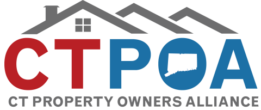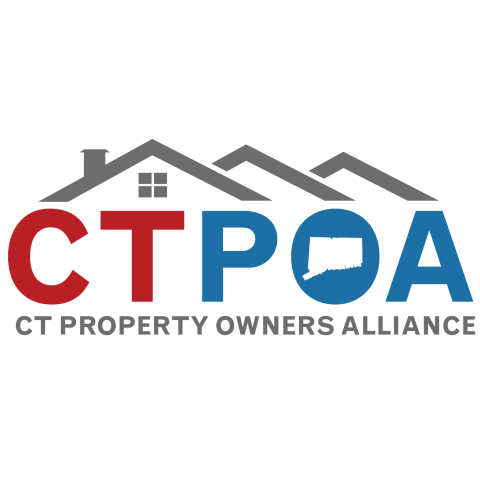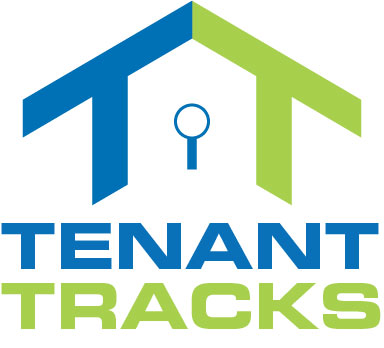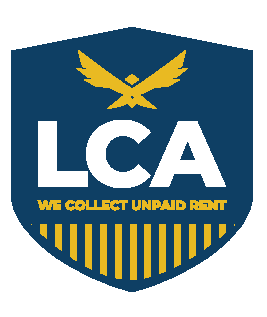In the ever-evolving landscape of politics, understanding Political Action Committees (PACs) and their independent counterparts, Super PACs, is crucial for landlords and real estate professionals in Connecticut. These organizations can significantly impact legislation and elections, ultimately shaping the environment in which you operate your business within.
PACs vs. Super PACs: Key Differences
While both PACs and Super PACs aim to influence the political process, they operate under different rules and regulations:
| Feature | PACs | Super PACs |
|---|---|---|
| Contribution Limits: | Lower limits for individual and group contributions | Unlimited contributions from individuals, corporations, and labor unions |
| Coordination: | Can coordinate directly with candidates and their campaigns | Prohibited from coordinating with candidates and their campaigns |
| Spending: | Can spend money to support or oppose candidates | Can spend money on independent expenditures like ads and voter outreach |
| Transparency: | Required to disclose donors | Required to disclose donors |
Types of PACs:
- Trade association PACs: Represent specific industries like the Connecticut Association of Realtors or the Connecticut Apartment Association.
- Single-issue PACs: Focus on single issues like property taxes or rent control.
- Leadership PACs: Formed by current or former elected officials to support their own political future or endorsed candidates.
- Connected PACs: Directly affiliated with a candidate or officeholder, subject to stricter contribution limits.
- Non-connected PACs: Independent of any candidate or officeholder, with more flexibility in fundraising and spending.
Super PACs: A Growing Influence
Super PACs have emerged as a powerful force in recent years, wielding significant financial resources to influence elections and public opinion. While unable to directly coordinate with candidates, they can spend unlimited funds on independent expenditures, such as advertising campaigns promoting or attacking specific candidates or ballot measures.
Impact on Landlords and Real Estate Professionals:
PACs and Super PACs can significantly impact the real estate industry by:
- Campaign contributions: Influencing candidates’ positions on issues relevant to landlords and real estate professionals.
- Lobbying efforts: Shaping legislation and regulations that impact property taxes, rent control, and other industry-specific issues.
- Public awareness campaigns: Swaying public opinion on issues that affect the real estate market,potentially influencing election outcomes.
Engaging with PACs and Super PACs:
Landlords and real estate professionals can engage with PACs and Super PACs in several ways:
- Contribute financially: Support PACs aligned with your interests.
- Volunteer time: Assist PACs with fundraising, outreach, and other activities.
- Stay informed: Track the activities of PACs and Super PACs to understand their stances on issues relevant to the industry.
- Advocate for your interests: Contact elected officials and express your concerns about legislation or policies negatively impacting your business.
- Join industry associations: Participate in trade associations that actively engage with the political landscape and advocate for your interests.
Understanding the differences and roles of PACs and Super PACs is essential for landlords and real estate professionals in Connecticut. By actively engaging with the political process and strategically utilizing available resources, you can ensure your voices are heard and your interests are protected in the legislative arena. Connecticut has the Property Owners Defense League specific to landlords and we encourage you to get involved HERE.








